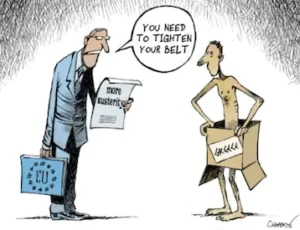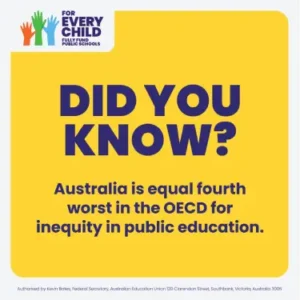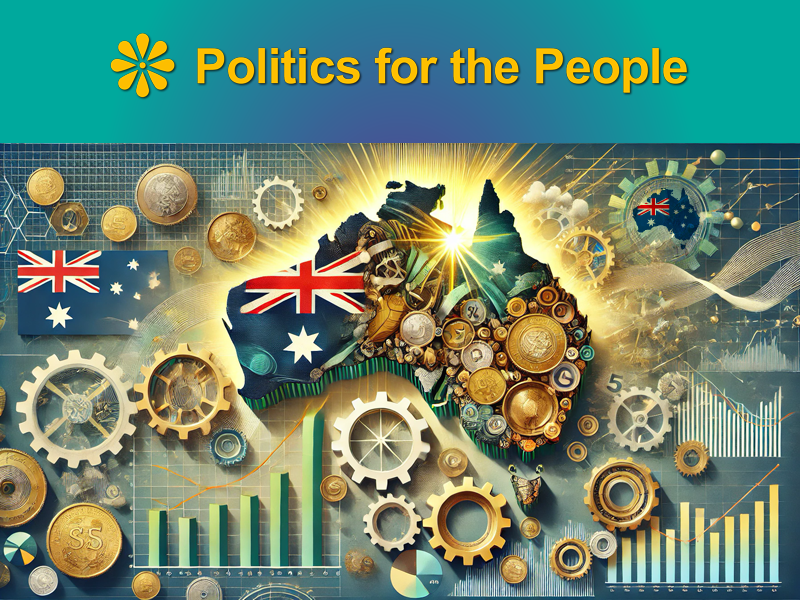Description
Explore how Modern Monetary Theory (MMT) could offer solutions to Australia’s challenges, from economic inequality to energy policy. Join the conversation.
Introduction
Australia is grappling with numerous challenges, including reputational risks associated with environmental, social, and governance (ESG) issues, energy policy dilemmas, and the constitutional recognition of Indigenous Australians. Amid these issues, the question arises: Could a shift from the neoliberal economic approach to Modern Monetary Theory (MMT) principles supply a solution?
>Neoliberalism: A Fading Economic Approach
Neoliberal economics has been a dominant force in global policy since the 1980s. It advocates for free market capitalism, privatization, deregulation, globalization, and free trade. The core belief is that economic growth is best achieved by reducing government intervention and allowing the private sector to drive the economy. Key policies include cutting taxes, reducing social welfare programs, and deregulating industries to promote competition and efficiency.
However, neoliberalism has faced significant criticism. Critics argue that it gives too much power to corporations at the expense of workers and the environment. The focus on profit maximization and market efficiency often leads to increased economic inequality, as wealth becomes concentrated among the few. Additionally, reduced government spending on public services can lead to underfunded education, healthcare, and infrastructure, worsening social inequalities.
Modern Monetary Theory: A New Economic Perspective
Modern Monetary Theory (MMT) offers a contrasting approach. MMT is a macroeconomic framework that views currency as a public monopoly. It asserts that monetarily sovereign countries, which spend, tax, and borrow in a fiat currency they fully control, and are not operationally constrained by revenues. This means such governments do not rely on taxes or borrowing to fund spending; instead, they can create as much money as needed.
MMT proponents argue that the main constraint on government spending is inflation, not a lack of revenue. They suggest that governments can and should use their currency-issuing power to achieve full employment and price stability. By focusing on public purpose and economic stability, MMT aims to address societal needs more directly than neoliberal policies.
Addressing Key Issues with MMT
Cost of Living & Economy
One of the significant promises of MMT is its potential to improve the overall economy by stimulating demand. By creating more money, the government can increase public spending on infrastructure, education, healthcare, and other public services. This influx of money can lead to higher employment rates as more jobs are created to meet the increased demand.
With more people employed, overall productivity rises, and the economy grows. As production increases, the cost of living can stabilize or even decrease, making everyday expenses more affordable for the average citizen. By focusing on full employment, MMT aims to reduce economic inequality and ensure a fairer distribution of wealth.
Housing

The housing market in Australia has been a significant concern, with many Australians struggling to afford homes. Neoliberal policies have often led to housing being treated primarily as an investment asset rather than a basic human need. This has resulted in skyrocketing property prices and increased homelessness.
Under MMT, the government could take a more active role in the housing sector by directly funding public housing projects. By increasing the supply of affordable housing, the government can make homes more accessible to low and middle-income families. This approach not only addresses homelessness but also stabilizes the housing market, preventing speculative bubbles.
Healthcare

Australia’s healthcare system, while robust, faces challenges in accessibility and funding. Neoliberal policies often lead to cuts in public health funding, making it harder for citizens to access necessary medical services.
MMT could revolutionize healthcare by ensuring consistent and sufficient funding. With the ability to create money, the government could expand public healthcare services, reduce waiting times, and improve the quality of care. Increased investment in healthcare infrastructure and workforce could lead to a healthier population, reducing long-term healthcare costs and boosting overall productivity.
Education

Education is another area where MMT could have a transformative impact. Financial constraints often limit access to quality education, worsening social inequalities and hindering economic growth.
MMT could allow the government to fully fund education at all levels, from primary schools to universities. By removing tuition fees and providing adequate resources to educational institutions, the government could ensure that every Australian can receive a quality education. A more educated workforce would enhance innovation, productivity, and competitiveness in the global economy.
Petrol Prices
While MMT may not directly influence petrol prices, the increased fiscal capacity it provides can be channelled into developing sustainable energy sources. By investing in renewable energy infrastructure and technology, the government can reduce dependence on fossil fuels.
This transition not only addresses environmental concerns but also stabilizes energy prices in the long term. With a focus on sustainability, Australia can position itself as a leader in the green energy sector, creating jobs and economic opportunities in the process.
Applying MMT to Australia’s Challenges
Energy Policy
Australia’s energy policy has been a contentious issue, with debates over the best approach to achieve energy security and reduce carbon emissions. Neoliberal policies often favour deregulation and market-based solutions, which can lead to inconsistent progress in renewable energy adoption.
MMT could enable the government to make substantial investments in renewable energy projects and grid infrastructure. By funding large-scale solar, wind, and hydroelectric projects, the government can reduce reliance on fossil fuels, lower greenhouse gas emissions, and create a more sustainable energy future. This approach not only meets environmental goals but also generates employment in the renewable energy sector.
Certainly! Here is the updated section reflecting the failure of the “Voice to Parliament” referendum:
Indigenous Australians
The failure of the “Voice to Parliament” referendum has highlighted the ongoing challenges faced by Indigenous Australians. This critical issue requires substantial investment in social programs and infrastructure to address the needs of marginalized communities. Neoliberal policies, with their focus on cost-cutting, often neglect these crucial areas.
Modern Monetary Theory (MMT) allows the government to give resources to programs that support Indigenous Australians. This includes investments in education, healthcare, housing, and community development. By addressing historical injustices and promoting social cohesion, the government can work towards fostering a more inclusive society despite the setback of the referendum.
Conclusion
As Australia navigates these challenging times, rethinking economic strategies is crucial. The shift from neoliberalism to MMT can provide a pathway toward a more inclusive and sustainable future. By using its currency-issuing power, the government can address key issues such as economic inequality, housing affordability, healthcare access, and environmental sustainability.
Call to Action
What are your thoughts on this? Do you think MMT could be the solution to Australia’s current challenges?
Share your thoughts using the hashtags #Australia2023, #ModernMonetaryTheory, #EconomicShift, #FutureOfAustralia.
Let us engage in this important conversation and work together towards a better future for Australia.
Share Request: If you found this article insightful, please share it with your contacts and on social media to help spread awareness and encourage discussions on this crucial topic.
References:
IPSOS Issues Monitor October 2023: https://www.ipsos.com/sites/default/files/ct/publication/documents/2023-11/IM_Nat_Oct23_v2.pdf
Neoliberalism: What It IS, With Examples and Pros and Cons: https://www.investopedia.com/terms/n/neoliberalism.asp
Neoliberalism: https://www.britannica.com/money/topic/neoliberalism
Modern monetary theory: https://en.wikipedia.org/wiki/Modern_monetary_theory
Biggest issues on the Minds of Young Australians: https://www.missionaustralia.com.au/stories/people-and-communities/four-issues-that-young-people-cared-most-about-in-2023
We Need a Courageous Reset in Our Federal Budget Discussion: https://www.abc.net.au/news/2023-04-01/australia-budget-2023-economic-challenge-reset-budget-discussion/102169856
Modern Monetary Theory (MMT) Explained: https://www.economicshelp.org/blog/162341/economics/modern-monetary-theory-mmt-explained/
Tackling the World’s Challenges: What Will it Take in 2023?: https://www.internationalaffairs.org.au/australianoutlook/tackling-the-worlds-challenges-what-will-it-take-in-2023/
Most Australians, not just the poor, are facing constraints in covering basic needs: https://www.salvationarmy.org.au/about-us/news-and-stories/media-newsroom/more-australians-struggling-with-housing-food-utilities-and-health-care/
What is Neoliberalism: Definition and Examples: https://www.thoughtco.com/what-is-neoliberalism-definition-and-examples-5072548
Neoliberal Globalization: https://www.britannica.com/money/neoliberal-globalization

